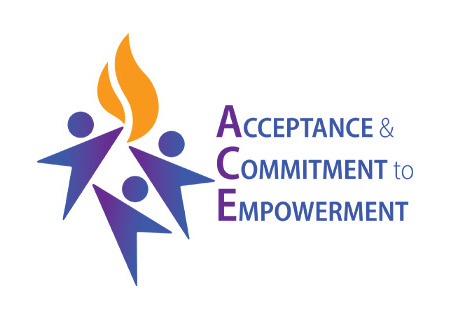Project Title
Acceptance and Commitment to Empowerment (ACE) Intervention: Reducing HIV Stigma and Promoting Community Resilience Through Capacity Building
( ProjectACE.com )

Project Leads
Josephine Pui-Hing Wong, Yin-Yuan Chen , Añiela dela Cruz, Carla Hilario , Kenneth Fung, Alan Tai-Wai Li, Isaac Luginaah, Miya Narushima, Mandana Vahabi
Objectives
The objectives of Project ACE are:
- To generate knowledge on accessible, effective and sustainable intervention to address HIV and related stigma, including homophobia, transphobia, racism, and stigma of addiction;
- To study and document effective methods in implementing the digital ACE intervention in immigrant, refugees and racialized communities in Alberta and Ontario.
Research questions
Guided by the RE-AIM framework, we are examining:
- How effective is the digital ACE intervention in reducing HIV stigma and promoting collective empowerment?
- What are the contextual factors that facilitate and/or impede the effective implementation of the intervention?
- What are the participant characteristics that determine the acceptability and feasibility of the intervention?
- What are the organizational characteristics that determine the acceptability, feasibility and sustainability of the intervention?
- What are the community contexts that enhance uptake and sustainability of the intervention?
Background
Racialized immigrant and refugee communities in Canada bear a disproportionate burden of HIV. Stigma and discrimination intersect with racism to reinforce HIV vulnerability by creating unsafe environments that deter people from testing and disclosure, resulting in isolation, depression, delayed diagnosis and linkage to treatment and care, and poor health outcomes. Stigma also leads to the invisibility of people living with HIV, reinforces community denial, undermines HIV prevention efforts, and impedes provision of accessible community care. However, knowledge gaps on effective and sustainable stigma reduction strategies and programs continue to exist. Further, implementation research that examines effective HIV stigma reduction interventions in real world settings is also scarce.
Methods
This project is being implemented in Calgary, Edmonton, Durham, London, Niagara, and Ottawa. Phase One consists of a contextual assessment through the use of focus group to community members (n=60) and service providers/community leaders (n=30) to explore their experience and perspectives on HIV stigma. Results will be used to refine the ACE intervention. In Phase Two, we will recruit service providers and/or community leaders at each site (n= 48) to take part in the ACE intervention training. Using a train-the-trainer model, the 48 ACE graduates will be mentored to become intervention facilitators and deliver the training in Phase Three to community members affected by HIV stigma and discrimination (n=288). ACE graduates in Phase Three will be mobilized to become community champions to collectively address HIV and related stigma in the affected communities.
Current Status
Phase One is in progress.
Expected completion
June 2025
Co-researchers & Partners
Community Council on HIV; Safe Link Alberta; HIV Edmonton; AIDS Committee of Durham; Regional HIV/AIDS Connection (London, ON); Positive Living Niagara; AIDS Committee of Ottawa; Community Alliance for Accessible Treatment; Neoma Business School (Paris, France); Josephine Etowa (U of Ottawa); Salima Meherali (U of Alberta); Maureen Owino and Maurice Poon (York U); Nina Ning (BNU=HK Baptist University United International College); Bukola Salami (U of Calgary)
Funding
Canadian Institute of Health Research (CIHR)
Key words
HIV stigma reduction, digital intervention, people living with HIV, immigrant, refugee and racialized communities, capacity building, implementation science